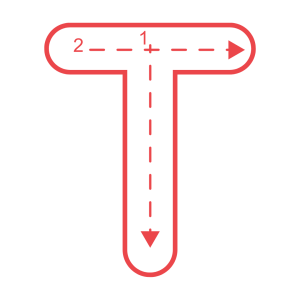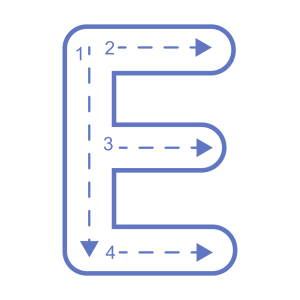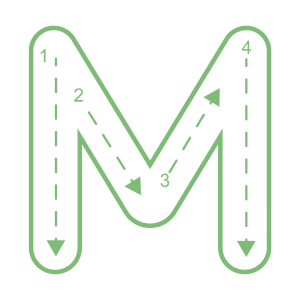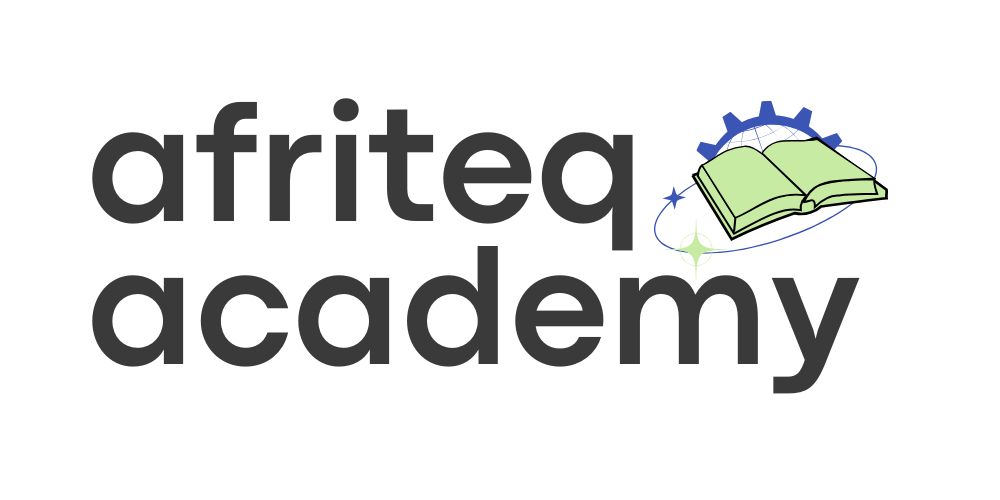STEM 101
STEM stands for Science, Technology, Engineering and Mathematics. It refers to a broad educational approach and career field that focuses on these four disciplines, emphasizing critical thinking, problem-solving, creativity, and innovation.
What is STEM?

Science
Science involves studying the natural world through observation, experimentation, and evidence-based analysis. It encompasses a variety of fields such as biology, chemistry, physics, environmental science, and earth sciences. The goal is to understand how things work in the physical and natural world and to make informed predictions or discoveries based on evidence.
Key skills: critical thinking, data analysis, scientific inquiry, and research.
Technology
Technology focuses on the practical application of scientific knowledge to design, create, and use tools, machines, systems, and processes that solve problems or improve lives. It includes areas like information technology, software development, robotics, telecommunications, and cybersecurity. Technology is constantly evolving and plays a crucial role in everyday life and industry.
Key skills: programming, technical literacy, digital innovation, and systems thinking.


Engineering
Engineering applies science and math principles to solve complex problems by designing, building, and maintaining structures, systems, and devices. Engineering fields include civil, mechanical, electrical, aerospace, and chemical engineering, among others. Engineers focus on efficiency, safety, sustainability, and functionality in the design and production process.
Key skills: problem-solving, design thinking, project management, and creativity.
Mathematics
Mathematics is the study of numbers, patterns, structures, and abstract concepts that are used to understand and model real-world phenomena. It underpins the other STEM fields by providing the tools for measuring, analyzing, and solving problems. Math includes fields like algebra, geometry, calculus, statistics, and applied mathematics.
Key skills: quantitative reasoning, logical thinking, pattern recognition, and analytical problem-solving.

How to get into STEM Careers
STEM prepares students for life, regardless of the profession they choose to follow.
STEM teaches students how to think critically and how to solve problems — skills that can be used throughout life.
Getting into a STEM career involves a combination of education, skills development, hands-on experience, and networking.

Choose a STEM Field
Understand which areas of STEM interest you most—whether it’s science, technology, engineering, or mathematics. Research the different careers within each field. Look into job descriptions, daily tasks, salary expectations, and future job prospects.

Choose a STEM Field
A solid foundation in STEM often requires a degree in a related field. Depending on your career goals, you might need:
Bachelor’s degree: Many STEM careers require at least an undergraduate degree in a relevant field.
Advanced degrees: For certain careers (like research, medicine, or academia), a master’s degree or Ph.D. might be necessary.

Develop Practical Skills
Learn specific tools, software, and equipment used in your desired field (e.g., AutoCAD for engineers, Python for programmers, statistical software for mathematicians). Develop communication, teamwork, problem-solving, and project management skills, which are crucial in any STEM career.

Gain Experience & Build a Portfolio
Hands-on experience in STEM careers is invaluable. Internships allow you to apply classroom knowledge in real-world settings, helping you gain practical experience and professional connections. Keep a record of your projects, research papers, coding samples, or design work to show potential employers. A portfolio demonstrates your skills and capabilities.

Keep Learning
STEM fields are constantly evolving. Stay current by attending workshops, earning certifications, reading industry publications, and taking online courses. Continually enhance your skills by learning new technologies, techniques, or areas of knowledge to stay competitive in the job market.
